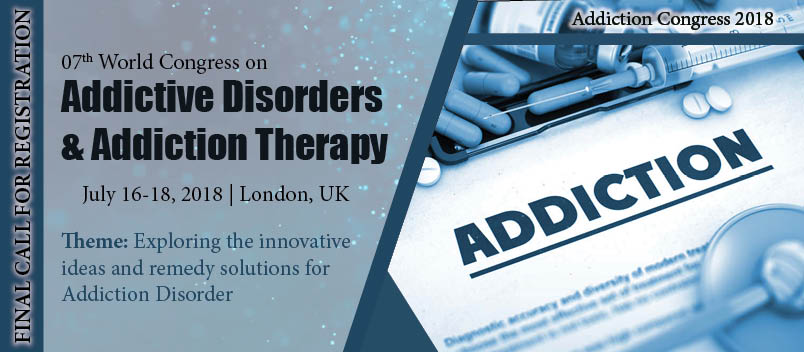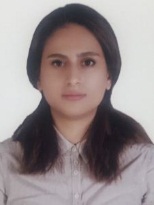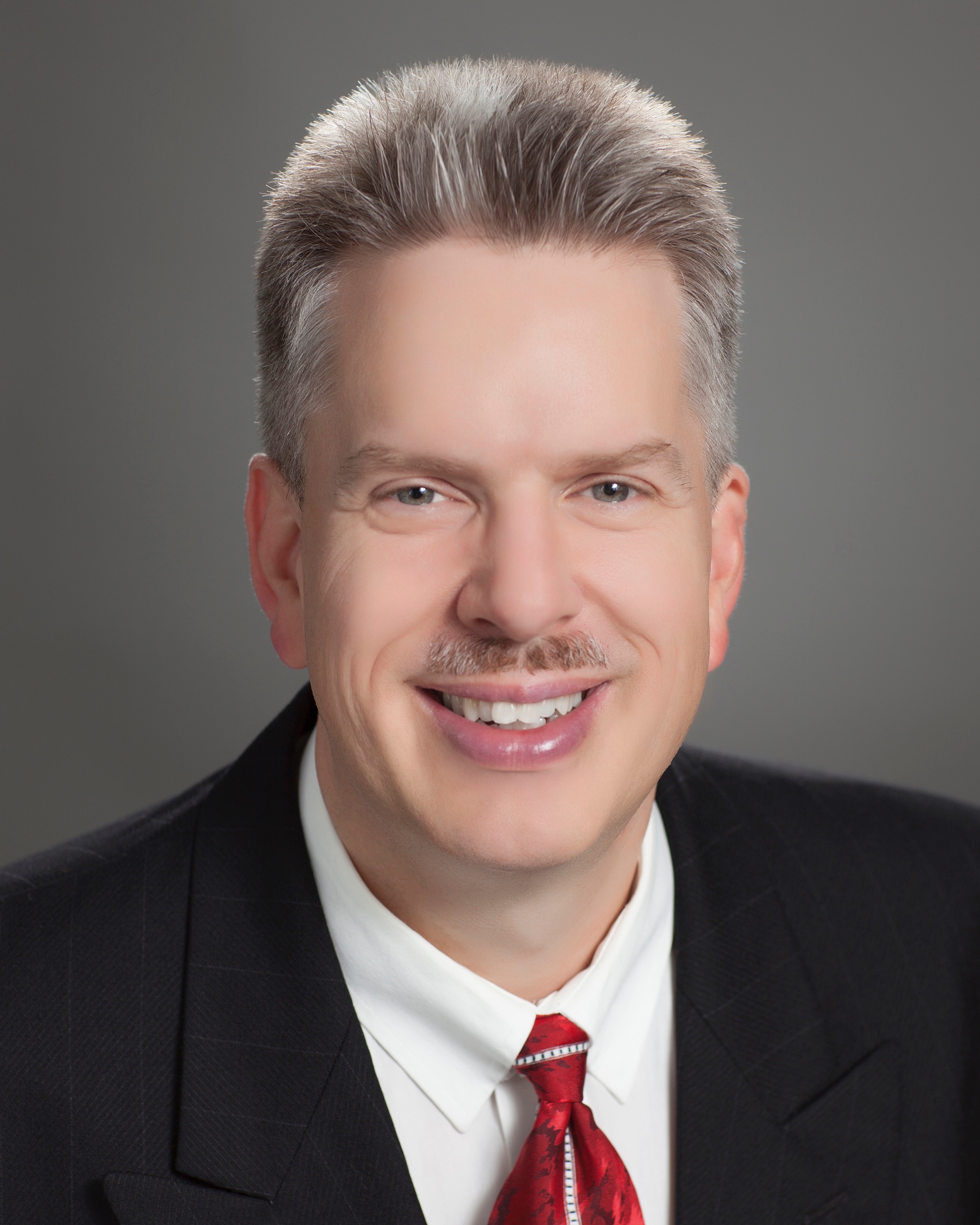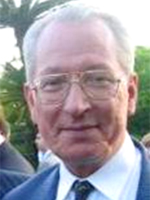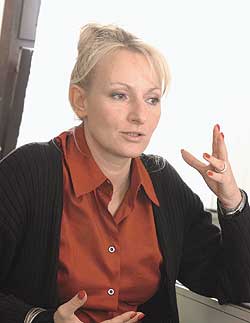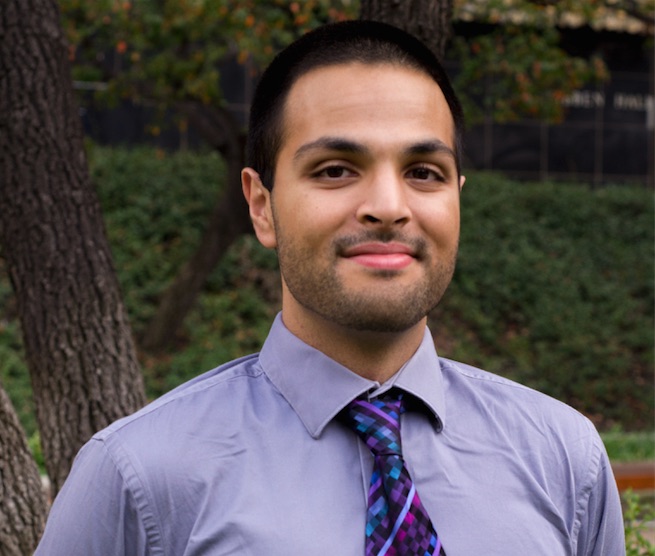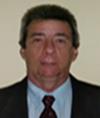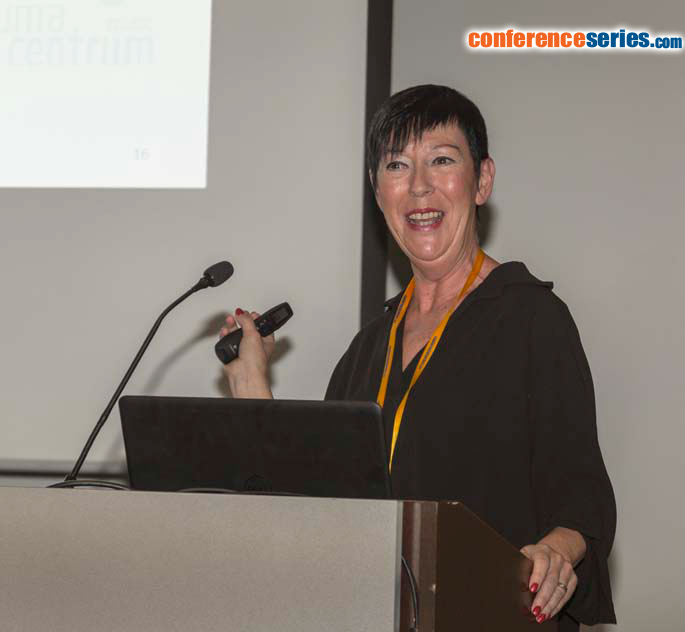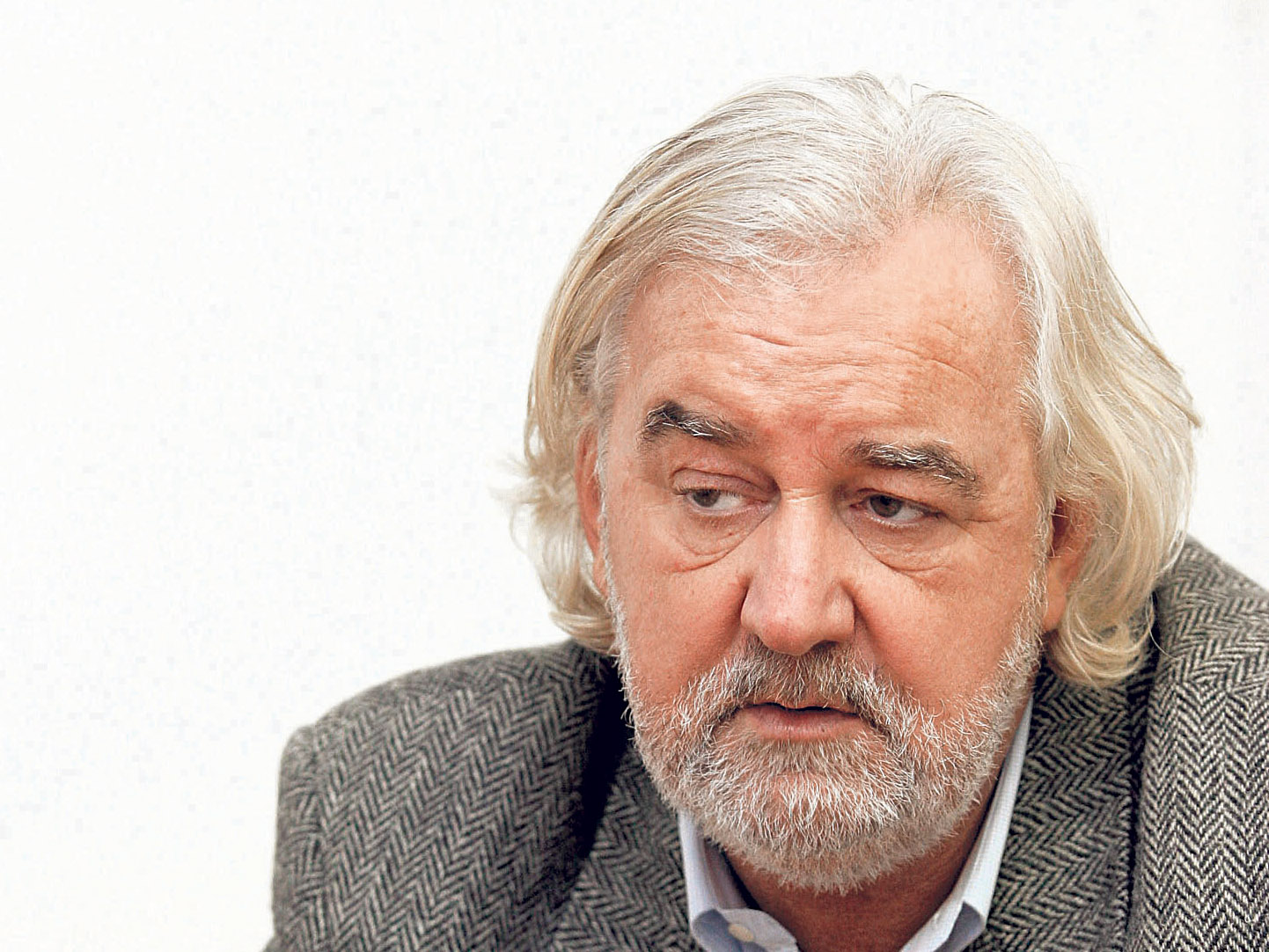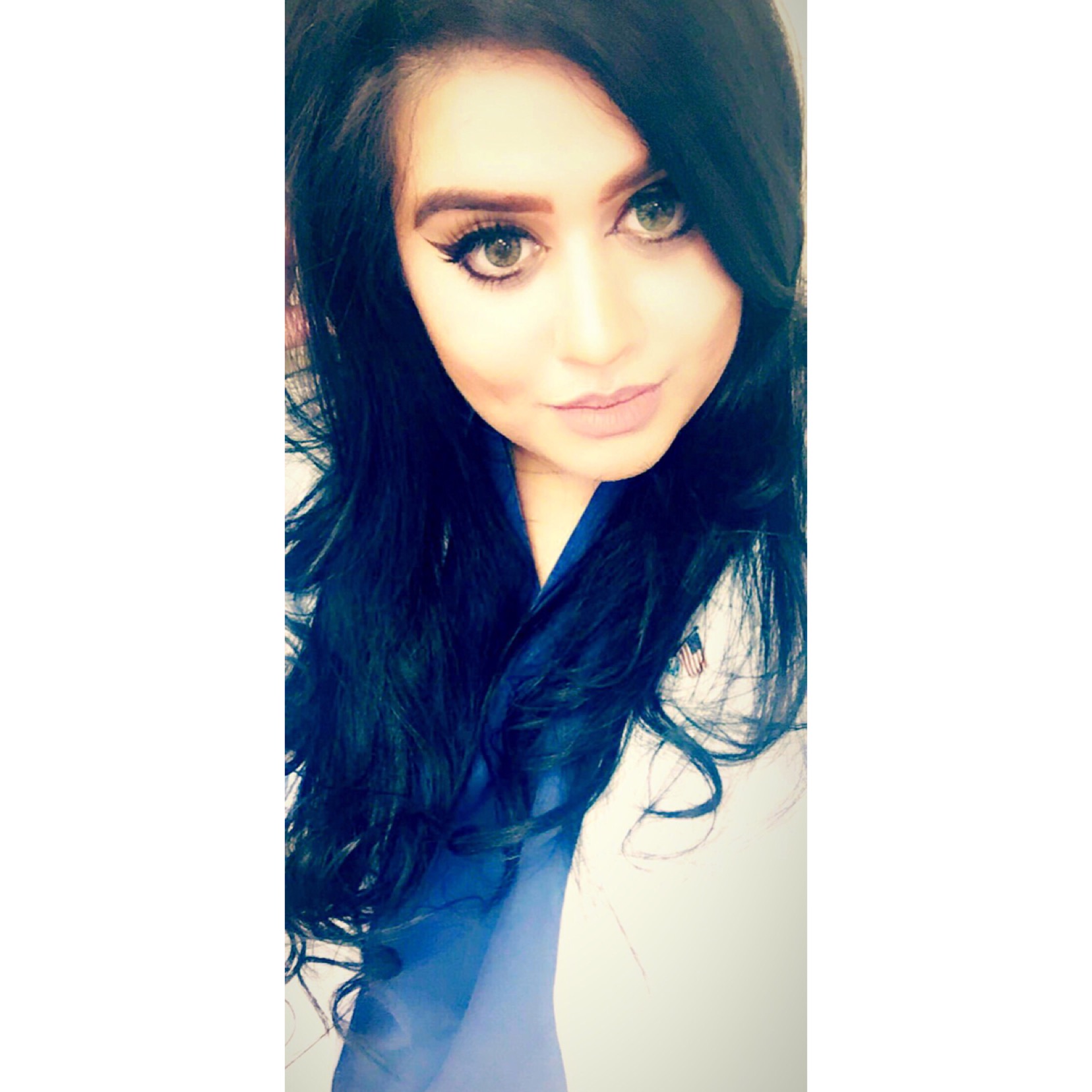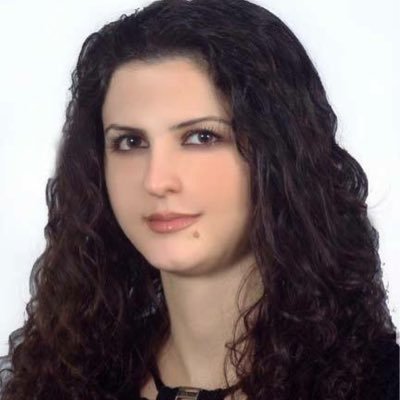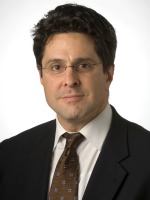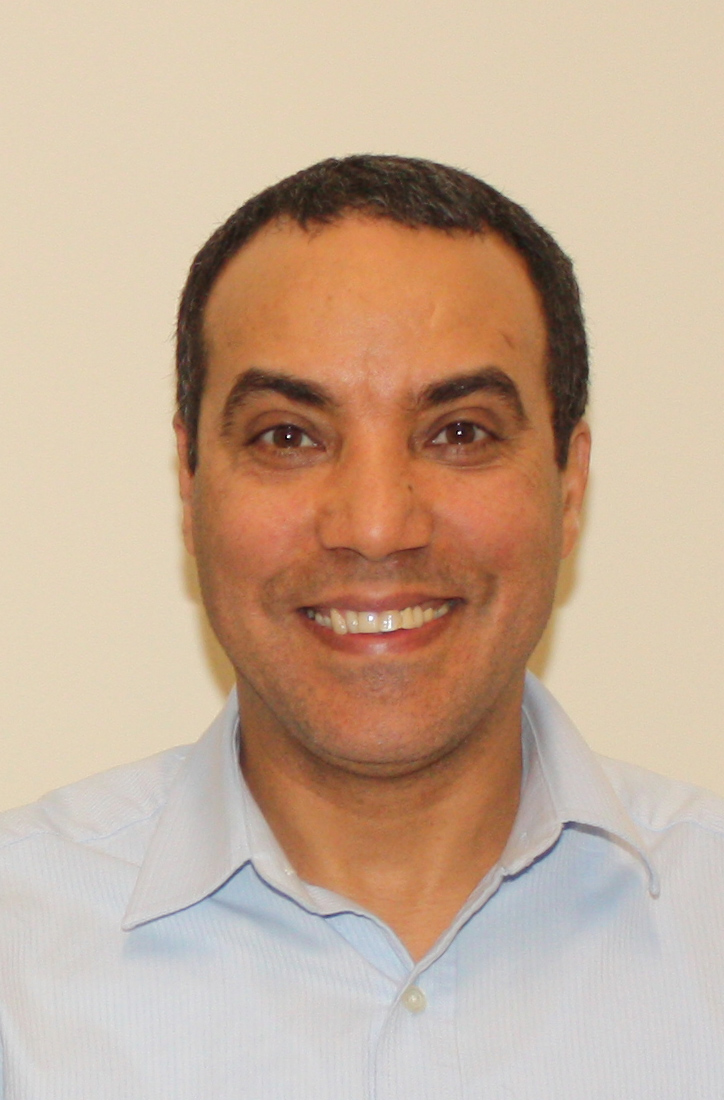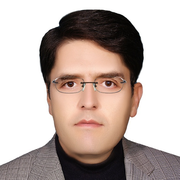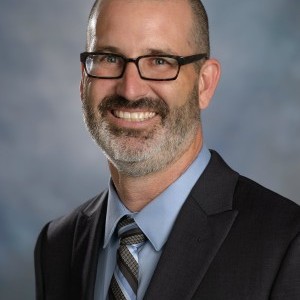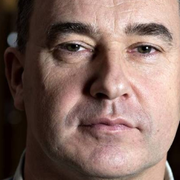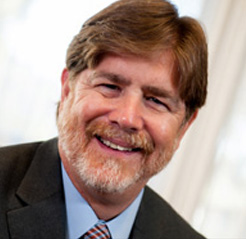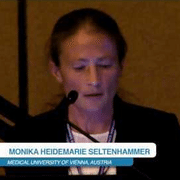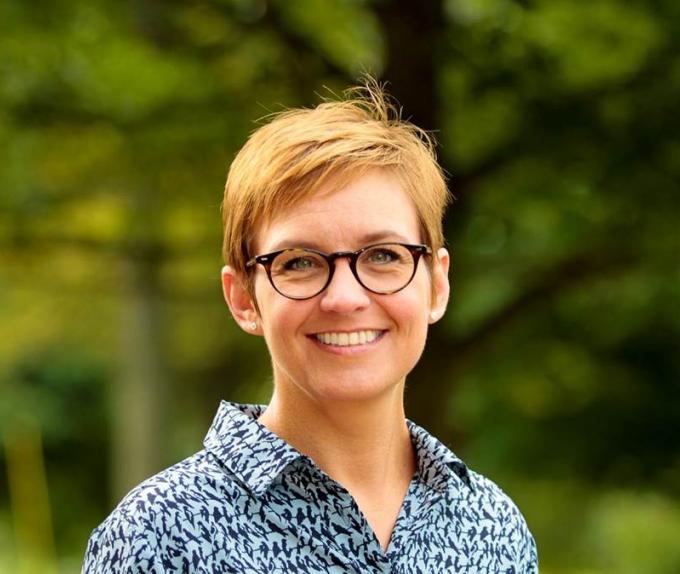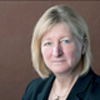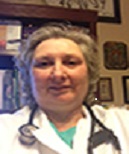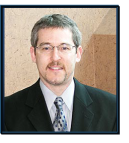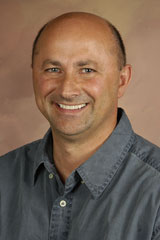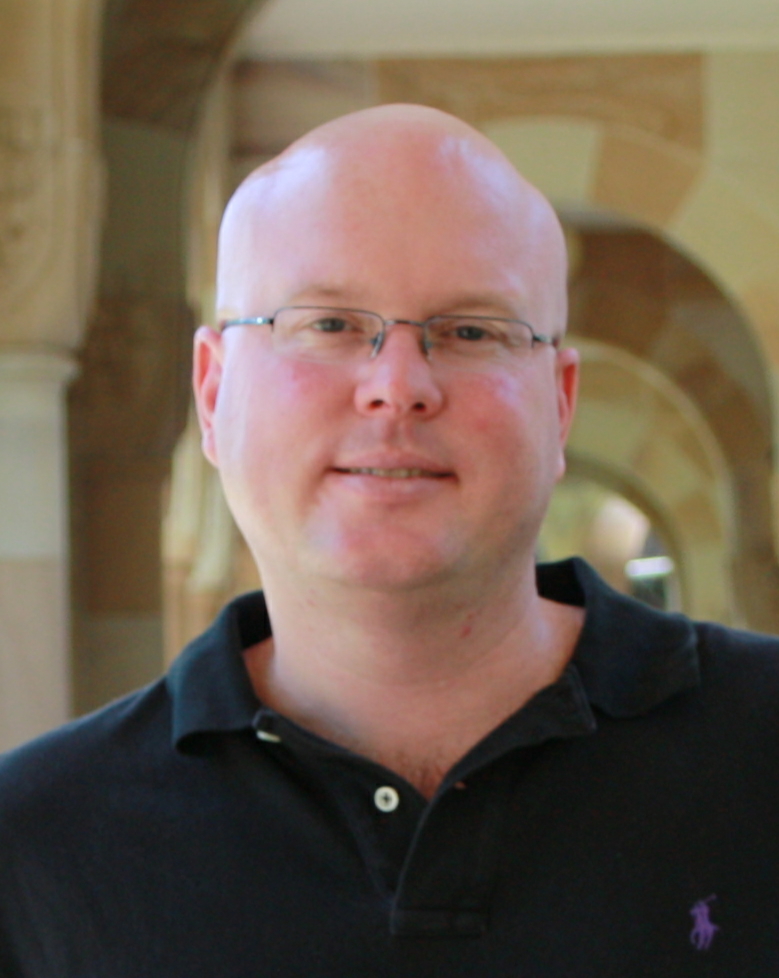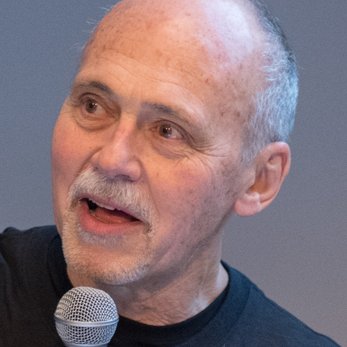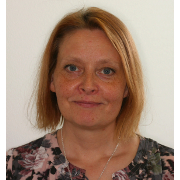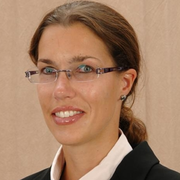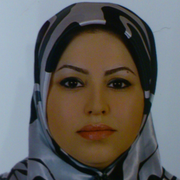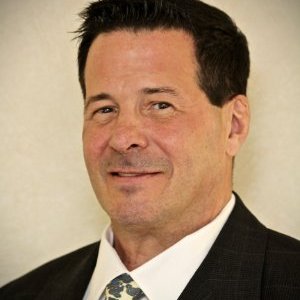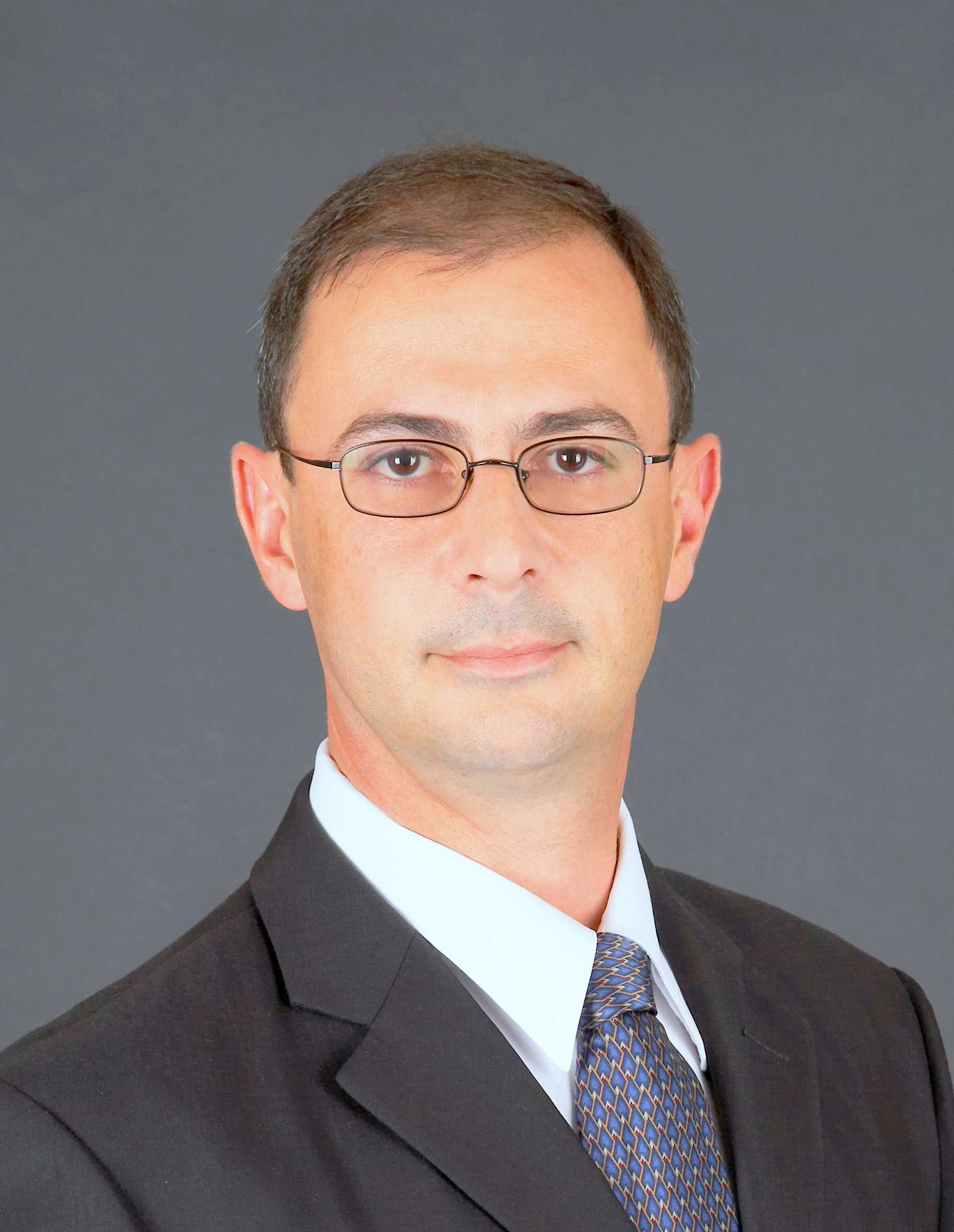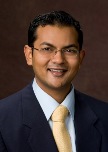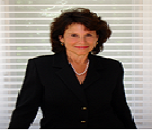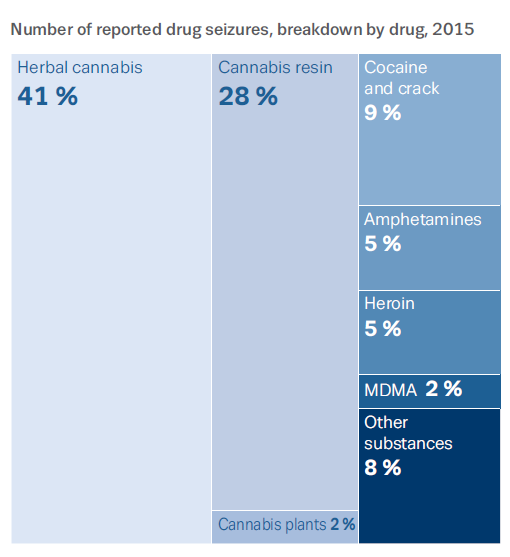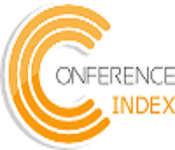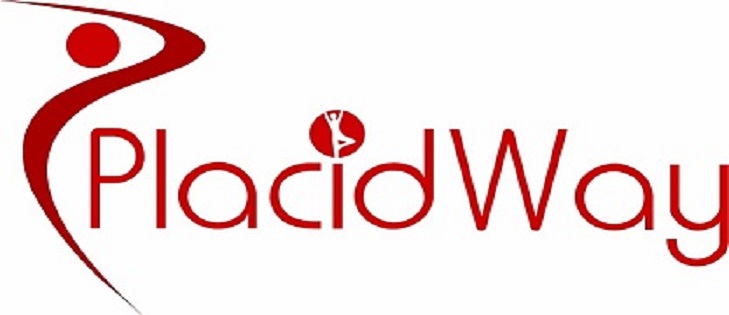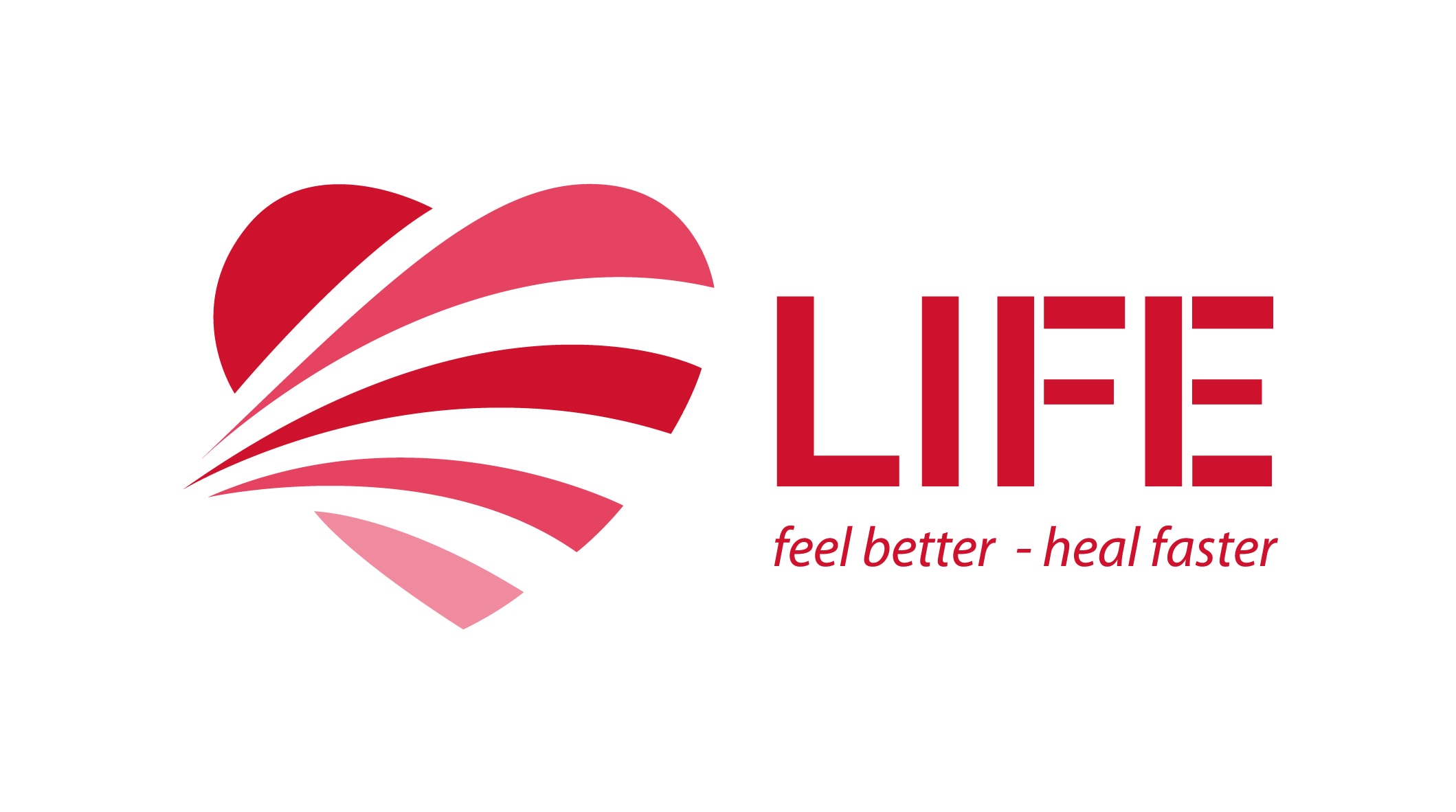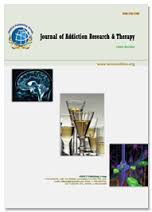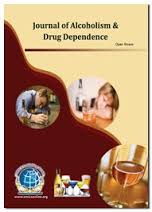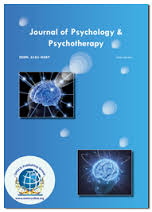Theme: Exploring the innovative ideas and remedy solutions for Addiction Disorder
Addiction Congress 2018
On behalf of 7th World Congress on Addictive Disorders And Addiction Therapy 2018 Organizing Committee, we cordially invite professors, scientific communities, therapists, counsellors, students and business delegates to attend the 7th World Congress on Addictive Disorders and Addiction Therapy 2018 which is to be held on July 16-18, 2018 in London, UK.
Addiction Therapy 2018 intends to unite researchers, specialists, and leading academic scientists to trade and offer their encounters and research comes about all parts of unsafe impact of Addiction and Treatment and Therapy. It additionally gives the head interdisciplinary gathering to specialists, experts and instructors to show and talk about the latest advancements, patterns, and concerns, viable difficulties experienced and the arrangements embraced in the field of dependence treatment and treatment.
Recent estimates are that in 2015, 175 to 250 million people, or 4.5% to 5.8% of the world's population aged 15-64, used other psychoactive substances, such as cannabis, amphetamines, cocaine, opioids, and non-prescribed psychoactive prescription medication. Globally, cannabis is the most commonly used (125-165 million people), followed by amphetamine type stimulants, then cocaine and opioids. The harmful use of alcohol results in 3.8 million deaths each year. On average every person in the world aged 15 years or older drinks 7.2 liters of pure alcohol per year. Less than half the population (39.6%) actually drinks alcohol, this means that those who do drink consume on average 19 liters of pure alcohol annually. At least 16.3 million persons have drug use disorders.
Overall utilization in 2010 was equivalent to 6.2 liters of unadulterated liquor expended per individual matured 15 years or more seasoned, which converts into 13.5 grams of unadulterated liquor every day. A fourth of this utilization (24.8%) was unrecorded, i.e., custom made liquor, illegally delivered or sold outside typical government controls. Of aggregate recorded liquor devoured around the world, 50.2% was expended as spirits. Overall 60.7% of the population aged 15 years or more established (15+) had not drunk liquor in the previous a year. In all WHO districts, females are more regularly lifetime teetotalers than males. There is an impressive variety in predominance of abstention crosswise over WHO areas. Worldwide around 16% of consumers matured 15 years or more established take part in overwhelming roundabout drinking.
key benefits are:
·You will get notification from experienced world renowned educators/analysts from top colleges and research focuses and will help you to choose what regions of your examinations have great profession prospects. Going to confernce at beginning period of research profession (postgraduates/Phd) will influence you to acknowledge what examine means and how it differes from therotical information to this present reality applications.
· Expand your system in scholarly circle which may help you to investigate the logical open doors at universal level to get financing for additionally inquire about research studies.
· Your opportunity to contact a more extensive group of onlookers and to get global acknowledgment for your research work.
· Discuss and interact with alternate researchers/teachers from all over the world and explore opportunity to get research grants.
Session on Addiction
Addiction is a chronic disorder with biological, psychological, social and environmental factors influencing its development and maintenance. Typically, it falls under two categories, substance dependence, or drug addiction, and behavioral addiction such as a gambling addiction. Heightened desire to re-experience use of the substance or behavior, potentially influenced by psychological (e.g., stress, history of trauma), social (e.g., family or friends' use of a substance), and environmental factors (e.g., accessibility of a substance, low cost) can lead to regular use/exposure, with chronic use/exposure leading to brain changes. These brain changes include alterations in cortical (pre-frontal cortex) and sub-cortical (limbic system) regions involving the neuro-circuitry of reward, motivation, memory, impulse control and judgment. This can lead to dramatic increases in cravings for a drug or activity, as well as impairments in the ability to successfully regulate this impulse, despite the knowledge and experience of many consequences related to the addictive behavior.
Related Addiction Conferences | Mental Health Conferences | Neurology Conferences | Neuro Phychology Conferences | Addiction Therapy Conference
25th World Congress on Neurology and Neurodisorders July 16-17, 2018; Melbourne, Australia | 10th World Congress on Alzheimer’s Disease & Dementia May 30-31, 2018; Osaka, Japan | 10th International Conference on Vascular Dementia February 22-23, 2018; Paris, France | 21st World Congress on Neurology and Therapeutics March 15-17,2018; London, UK | 11th International Conference on Alzheimer’s Disease & Dementia March 29-31, 2018; Vienna , Austria | 4th International Conference on Neurological Disorders & Stroke April 19-20, 2018; Dubai, UAE | 3rd International conference on Neuroradiology & Imaging May 30-31, 2018; Osaka, Japan |
Related Associations : National Institute on Drug Abuse (NIDA); National Institute on Alcohol Abuse and Alcoholism (NIAAA); National Association of Alcohol and Drug Abuse Counselors (NAADAC); National Association of Addiction Treatment Providers (NAATP); International Association of Addiction & Offender Counselors (IAAOC); Canadian Addiction Counselors Certification Federation (CACCF); Georgia Addiction Counselors Association (GACA); State Association of Addiction Services (SAAS)
Session on Addiction Pharmacology
Dependence puts an extraordinary weight on influenced people and their families, causing across the board horribleness and behavioral brokenness. Wrongdoing related with sedate mishandle and the control of addictive therapeutics posture awesome legitimate and societal difficulties. Medications of fixation incite crucial changes in cerebrum organic chemistry, enacting neuronal reward circuits and going about as neuronal and cardiovascular stimulants. Research in the Department of Pharmacology plans to see how addictive specialists, for example, nicotine, amphetamines or cocaine influence neurotransmitter receptors and transporters, and how they change neuronal flag transduction to start habit. Different endeavors concentrate on the disclosure of novel analgesics that may supplant addictive analgesics medications later on.
Related Addiction Conferences | Mental Health Conferences | Neurology Conferences | Neuro Phychology Conferences | Addiction Therapy Conference
25th World Congress on Neurology and Neurodisorders July 16-17, 2018; Melbourne, Australia | 10th World Congress on Alzheimer’s Disease & Dementia May 30-31, 2018; Osaka, Japan | 10th International Conference on Vascular Dementia February 22-23, 2018; Paris, France | 21st World Congress on Neurology and Therapeutics March 15-17, 2018; London, UK | 11th International Conference on Alzheimer’s Disease & Dementia March 29-31, 2018; Vienna , Austria | 4th International Conference on Neurological Disorders & Stroke April 19-20, 2018; Dubai, UAE | 3rd International conference on Neuroradiology & Imaging May 30-31, 2018; Osaka, Japan |
Related Associations : American Society of Addiction Medicine (ASAM); New York Society of Addiction Medicine (NYSAM); Florida Alcohol and Drug Abuse Association (FADAA); American Academy of Addiction Psychiatry (AAAP); Substance Abuse and Mental Health Services Administration (SAMHSA); Texas Association of Addiction Professionals (TAAP); California Society of Addiction Medicine (CSAM); California Association of Addiction Recovery Resources (CAARR); Florida Association of Recovery Residences (FARR); American Academy of Addiction Psychiatry (AAAP)
Session on Addiction & Mental Health
Dysfunctional behaviors can expand the hazard for Alcohol abuse or medication manhandle, infrequently in view of self-sedating. Then again, Alcohol addiction can prompt huge uneasiness and dejection that may seem vague from an emotional instability. At long last, one issue can be more regrettable than the other.
Related Addiction Conferences | Mental Health Conferences | Neurology Conferences | Neuro Phychology Conferences | Addiction Therapy Conference
25th World Congress on Neurology and Neurodisorders July 16-17, 2018; Melbourne, Australia | 10th World Congress on Alzheimer’s Disease & Dementia May 30-31, 2018; Osaka, Japan | 10th International Conference on Vascular Dementia February 22-23, 2018; Paris, France | 21st World Congress on Neurology and Therapeutics March 15-17, 2018; London, UK | 11th International Conference on Alzheimer’s Disease & Dementia March 29-31, 2018; Vienna , Austria | 4th International Conference on Neurological Disorders & Stroke April 19-20, 2018; Dubai, UAE | 3rd International conference on Neuroradiology & Imaging May 30-31, 2018; Osaka, Japan |
Related Associations : National Institute on Drug Abuse (NIDA); National Institute on Alcohol Abuse and Alcoholism (NIAAA); National Association of Alcohol and Drug Abuse Counselors (NAADAC); National Association of Addiction Treatment Providers (NAATP); International Association of Addiction & Offender Counselors (IAAOC); Canadian Addiction Counselors Certification Federation (CACCF); Georgia Addiction Counselors Association (GACA); State Association of Addiction Services (SAAS)
Session on Addiction Case Report Studies
New advances in brain research and neuroscience have revealed insight into the progressions that long haul utilization of Alcohol and different medications brings into the cerebrum particularly in mind remunerate framework, to encourage proceeded and perpetual examples of enthusiastic medication mishandle. New research points in enslavement incorporate Behavioral Pharmacology Research, Relationship between youth viciousness and substance mishandle, impact of Alcohol on intellectual working and cocaine antibodies and dependence epidemiological research. Behavioral Pharmacology Research infers wide based substance mishandle clinical research program incorporating both human lab research and outpatient treatment look into. Cocaine mishandle is a continuous and essential issue along these lines immunizations against cocaine are being produced.
Related Addiction Conferences | Mental Health Conferences | Neurology Conferences | Neuro Phychology Conferences | Addiction Therapy Conference
25th World Congress on Neurology and Neurodisorders July 16-17, 2018; Melbourne, Australia | 10th World Congress on Alzheimer’s Disease & Dementia May 30-31, 2018; Osaka, Japan | 10th International Conference on Vascular Dementia February 22-23, 2018; Paris, France | 21st World Congress on Neurology and Therapeutics March 15-17, 2018; London, UK | 11th International Conference on Alzheimer’s Disease & Dementia March 29-31, 2018; Vienna , Austria | 4th International Conference on Neurological Disorders & Stroke April 19-20, 2018; Dubai, UAE | 3rd International conference on Neuroradiology & Imaging May 30-31, 2018; Osaka, Japan |
Related Associations : American Society of Addiction Medicine (ASAM); New York Society of Addiction Medicine (NYSAM); Florida Alcohol and Drug Abuse Association (FADAA); American Academy of Addiction Psychiatry (AAAP); Substance Abuse and Mental Health Services Administration (SAMHSA); Texas Association of Addiction Professionals (TAAP); California Society of Addiction Medicine (CSAM); California Association of Addiction Recovery Resources (CAARR); Florida Association of Recovery Residences (FARR); American Academy of Addiction Psychiatry (AAAP)
Session on Alcoholism & Addictives
Alcohol addiction is the most genuine type of issue drinking, and depicts a solid, frequently wild, want to drink. A dipsomaniac is a man, while alcohol abuse is the sickness. Sufferers of Alcohol addiction will frequently put drinking most importantly different commitments, including work and family, and may develop a physical resilience or experience withdrawal side effects on the off chance that they stop.
Alcohol abuse is at times known as Alcohol habit or Alcohol reliance. It's marginally extraordinary to 'unsafe drinking' which is an intermittent example of drinking which can cause harm your wellbeing.
A case of unsafe drinking will be drinking excessively at a gathering, and gambling a fall or contention. This example may form into Alcohol abuse if that sort of unsafe drinking turns into a propensity and occurs all the time.
In this reliance, different mental and clinical changes happen in the human body including alcoholic liver maladies. Ladies Alcohol abuse amid pregnancy may bring about fetal Alcohol disorder which is an example of extreme physical and mental imperfections in the creating embryo. Alcoholic polyneuropathy is harm to the nerves that outcomes from extreme drinking of Alcohol, incessant pancreatitis and Peptic ulcers is additionally a genuine malady caused because of Alcohol habit. Insanity tremens (DTs) is caused by Alcohol withdrawal after a time of overwhelming drinking and prompt serious mental and sensory system changes. Different chemotherapeutic specialists like methadone are utilized for Alcohol detoxification.
Related Addiction Conferences | Mental Health Conferences | Neurology Conferences | Neuro Phychology Conferences | Addiction Therapy Conference
25th World Congress on Neurology and Neurodisorders July 16-17, 2018; Melbourne, Australia | 10th World Congress on Alzheimer’s Disease & Dementia May 30-31, 2018; Osaka, Japan | 10th International Conference on Vascular Dementia February 22-23, 2018; Paris, France | 21st World Congress on Neurology and Therapeutics March 15-17, 2018; London, UK | 11th International Conference on Alzheimer’s Disease & Dementia March 29-31, 2018; Vienna , Austria | 4th International Conference on Neurological Disorders & Stroke April 19-20, 2018; Dubai, UAE | 3rd International conference on Neuroradiology & Imaging May 30-31, 2018; Osaka, Japan |
Related Associations : National Institute on Drug Abuse (NIDA); National Institute on Alcohol Abuse and Alcoholism (NIAAA); National Association of Alcohol and Drug Abuse Counselors (NAADAC); National Association of Addiction Treatment Providers (NAATP); International Association of Addiction & Offender Counselors (IAAOC); Canadian Addiction Counselors Certification Federation (CACCF); Georgia Addiction Counselors Association (GACA); State Association of Addiction Services (SAAS)
Session on Prescribed Drug Use & Addiction Misuse
Professionally prescribed medication manhandle is the utilization of a pharmaceutical without a medicine, in a path other than as endorsed, or for the experience or emotions inspired. As per a few national studies, professionally prescribed meds, for example, those used to treat torment, consideration shortage issue, and uneasiness, are being mishandled at a rate second just to weed among illegal medication clients. The results of this mishandle have been consistently exacerbating, reflected in expanded treatment confirmations, crisis room visits, and overdose passings.
Related Addiction Conferences | Mental Health Conferences | Neurology Conferences | Neuro Phychology Conferences | Addiction Therapy Conference
25th World Congress on Neurology and Neurodisorders July 16-17, 2018; Melbourne, Australia | 10th World Congress on Alzheimer’s Disease & Dementia May 30-31, 2018; Osaka, Japan | 10th International Conference on Vascular Dementia February 22-23, 2018; Paris, France | 21st World Congress on Neurology and Therapeutics March 15-17, 2018; London, UK | 11th International Conference on Alzheimer’s Disease & Dementia March 29-31, 2018; Vienna , Austria | 4th International Conference on Neurological Disorders & Stroke April 19-20, 2018; Dubai, UAE | 3rd International conference on Neuroradiology & Imaging May 30-31, 2018; Osaka, Japan |
Related Associations : American Society of Addiction Medicine (ASAM); New York Society of Addiction Medicine (NYSAM); Florida Alcohol and Drug Abuse Association (FADAA); American Academy of Addiction Psychiatry (AAAP); Substance Abuse and Mental Health Services Administration (SAMHSA); Texas Association of Addiction Professionals (TAAP); California Society of Addiction Medicine (CSAM); California Association of Addiction Recovery Resources (CAARR); Florida Association of Recovery Residences (FARR); American Academy of Addiction Psychiatry (AAAP)
Session on Drug Addiction
Medication habit is a perpetual sickness portrayed by habitual, or wild, tranquilize looking for and use notwithstanding destructive results and changes in the cerebrum, which can be dependable. These adjustments in the cerebrum can prompt the unsafe practices found in individuals who utilize drugs. Medication dependence is likewise a backsliding malady. Backslide is the arrival to tranquilize manhandle after an endeavor to stop.
The way to tranquilize fixation starts with the willful demonstration of taking medications. However, after some time, a man's capacity to pick not to do as such progresses toward becoming traded off. Looking for and taking the medication ends up plainly habitual. This is generally because of the impacts of long haul sedate introduction on cerebrum work. Fixation influences parts of the mind associated with reward and inspiration, learning and memory, and control over conduct.
Enslavement is an infection that influences both the mind and conduct.
Related Addiction Conferences | Mental Health Conferences | Neurology Conferences | Neuro Phychology Conferences | Addiction Therapy Conference
25th World Congress on Neurology and Neurodisorders July 16-17, 2018; Melbourne, Australia | 10th World Congress on Alzheimer’s Disease & Dementia May 30-31, 2018; Osaka, Japan | 10th International Conference on Vascular Dementia February 22-23, 2018; Paris, France | 21st World Congress on Neurology and Therapeutics March 15-17, 2018; London, UK | 11th International Conference on Alzheimer’s Disease & Dementia March 29-31, 2018; Vienna , Austria | 4th International Conference on Neurological Disorders & Stroke April 19-20, 2018; Dubai, UAE | 3rd International conference on Neuroradiology & Imaging May 30-31, 2018; Osaka, Japan |
Related Associations : National Institute on Drug Abuse (NIDA); National Institute on Alcohol Abuse and Alcoholism (NIAAA); National Association of Alcohol and Drug Abuse Counselors (NAADAC); National Association of Addiction Treatment Providers (NAATP); International Association of Addiction & Offender Counselors (IAAOC); Canadian Addiction Counselors Certification Federation (CACCF); Georgia Addiction Counselors Association (GACA); State Association of Addiction Services (SAAS)
Session on Substance Abuse
Substance mishandle alludes to the destructive or perilous utilization of psychoactive substances, including liquor and illegal medications. Utilization of a substance in a way or sum which is exceptionally hurtful to the client and its encompassing is named as substance manhandle. For some high schoolers, illegal utilization of focal stimulants, for example, methamphetamine and dopamine turn out to be a piece of the scene of their young years.
Psychoactive substance utilize can prompt reliance disorder - a bunch of behavioral, intellectual, and physiological marvels that create after rehashed substance utilize and that regularly incorporate a powerful urge to take the medication, challenges in controlling its utilization, continuing in its utilization in spite of hurtful results, a higher need given to tranquilize use than to different exercises and commitments, expanded resistance, and some of the time a physical withdrawal state.
Individuals who have substance utilize clutters and also psychological well-being scatters are analyzed as having co-happening issue, or double issue. This is likewise some of the time called a double analysis
Arrangements which impact the levels and examples of substance utilize and related mischief can altogether decrease the general medical issues inferable from substance utilize, and intercessions at the social insurance framework level can work towards the rebuilding of wellbeing in influenced people.
List of Addictions to Substances
Substance use disorders in the DSM-IV-TR provide a list of addictions relating to the following substances:
· Alcohol
· Tobacco
· Opioids (like heroin)
· Prescription drugs (sedatives, hypnotics, or anxiolytics like sleeping pills and tranquilizers)
· Cocaine
· Cannabis (marijuana)
· Amphetamines (like methamphetamine, known as meth)
· Phencyclidine (known as PCP or Angeldust)
· Other unspecified substances
Related Addiction Conferences | Mental Health Conferences | Neurology Conferences | Neuro Phychology Conferences | Addiction Therapy Conference
25th World Congress on Neurology and Neurodisorders July 16-17, 2018; Melbourne,Australia | 10th World Congress on Alzheimer’s Disease & Dementia May30-31,2018;Osaka,Japan | 10th International Conference on Vascular Dementia February 22-23,2018;Paris,France | 21st World Congress on Neurology and Therapeutics March 15-17,2018; London, UK | 11th International Conference on Alzheimer’s Disease & Dementia March 29-31, 2018; Vienna , Austria | 4th International Conference on Neurological Disorders & Stroke April 19-20, 2018; Dubai, UAE | 3rd International conference on Neuroradiology & Imaging May 30-31, 2018; Osaka, Japan |
Related Associations : American Society of Addiction Medicine (ASAM); New York Society of Addiction Medicine (NYSAM); Florida Alcohol and Drug Abuse Association (FADAA); American Academy of Addiction Psychiatry (AAAP); Substance Abuse and Mental Health Services Administration (SAMHSA); Texas Association of Addiction Professionals (TAAP); California Society of Addiction Medicine (CSAM); California Association of Addiction Recovery Resources (CAARR); Florida Association of Recovery Residences (FARR); American Academy of Addiction Psychiatry (AAAP)
Session on Dual Diagnosis - Mental Illness Co-happening with Substance Abuse
Dual Diagnosis is a condition when a person experiences both a substance misuse issue and another psychological well-being issue, for example, sorrow or a nervousness issue. Some of the time utilize liquor or medications are because of mental issues. People who are managing Autism range issue are at high danger of substance manhandle. They may feel that substance misuse encourages them to cover their social incompetence however after some time it starts to cause significant issues throughout their life. Consideration Deficit Hyperactivity Disorder is likewise identify with dependence. Self-prescription hypothesis is broadly utilized for the treatment of co-happening issue.
Related Addiction Conferences | Mental Health Conferences | Neurology Conferences | Neuro Phychology Conferences | Addiction Therapy Conference
25th World Congress on Neurology and Neurodisorders July 16-17, 2018; Melbourne, Australia | 10th World Congress on Alzheimer’s Disease & Dementia May 30-31, 2018; Osaka, Japan | 10th International Conference on Vascular Dementia February 22-23, 2018; Paris, France | 21st World Congress on Neurology and Therapeutics March 15-17, 2018; London, UK | 11th International Conference on Alzheimer’s Disease & Dementia March 29-31, 2018; Vienna , Austria | 4th International Conference on Neurological Disorders & Stroke April 19-20, 2018; Dubai, UAE | 3rd International conference on Neuroradiology & Imaging May 30-31, 2018; Osaka, Japan |
Related Associations : National Institute on Drug Abuse (NIDA); National Institute on Alcohol Abuse and Alcoholism (NIAAA); National Association of Alcohol and Drug Abuse Counselors (NAADAC); National Association of Addiction Treatment Providers (NAATP); International Association of Addiction & Offender Counselors (IAAOC); Canadian Addiction Counselors Certification Federation (CACCF); Georgia Addiction Counselors Association (GACA); State Association of Addiction Services (SAAS)
Session on Addiction Psychiatry & Mental Health
Habit psychiatry concentrates on the assessment, conclusion, and treatment of individuals who are experiencing at least one issue and emotional wellness issues identified with compulsion. Directing and dependence treatment is extremely fundamental for such people. Because of most recent headway in innovations like Mobile wellbeing, now days it has turned out to be so natural for the general population to get associated with wellbeing administrations and being refreshed with all the data. Country and underserved groups regularly experience the ill effects of restricted access to forte treatment programs this can be overwhelmed by Tele-emotional well-being. Online Recovery programs give the chance to Alcohol and medication compulsion treatment via prepared specialists by means of the Internet, in a way that is helpful and private.
Related Addiction Conferences | Mental Health Conferences | Neurology Conferences | Neuro Phychology Conferences | Addiction Therapy Conference
25th World Congress on Neurology and Neurodisorders July 16-17, 2018; Melbourne, Australia | 10th World Congress on Alzheimer’s Disease & Dementia May 30-31, 2018; Osaka, Japan | 10th International Conference on Vascular Dementia February 22-23, 2018; Paris, France | 21st World Congress on Neurology and Therapeutics March 15-17, 2018; London, UK | 11th International Conference on Alzheimer’s Disease & Dementia March 29-31, 2018; Vienna , Austria | 4th International Conference on Neurological Disorders & Stroke April 19-20, 2018; Dubai, UAE | 3rd International conference on Neuroradiology & Imaging May 30-31, 2018; Osaka, Japan |
Related Associations : American Society of Addiction Medicine (ASAM); New York Society of Addiction Medicine (NYSAM); Florida Alcohol and Drug Abuse Association (FADAA); American Academy of Addiction Psychiatry (AAAP); Substance Abuse and Mental Health Services Administration (SAMHSA); Texas Association of Addiction Professionals (TAAP); California Society of Addiction Medicine (CSAM); California Association of Addiction Recovery Resources (CAARR); Florida Association of Recovery Residences (FARR); American Academy of Addiction Psychiatry (AAAP)
Session on Neurotoxicology
Medication fixation is a cerebrum infection that is portrayed by impulsive medication chasing, in spite of its unsafe outcomes. It causes changes in the ordinary movement of the sensory system harming the nerve tissues, executing neurons and this prompts dis-control of neural framework. In this way, uncontrolled medication utilize brings about lethality of mind. A portion of the behavioral impacts of medication fixation incorporate Paranoia, Aggressiveness, Impulsiveness, and Loss of Self-Control. Physician recommended drugs that are frequently manhandled are opioids, rest prescriptions.
Related Addiction Conferences | Mental Health Conferences | Neurology Conferences | Neuro Phychology Conferences | Addiction Therapy Conference
25th World Congress on Neurology and Neurodisorders July 16-17, 2018; Melbourne, Australia | 10th World Congress on Alzheimer’s Disease & Dementia May 30-31, 2018; Osaka, Japan | 10th International Conference on Vascular Dementia February 22-23, 2018; Paris, France | 21st World Congress on Neurology and Therapeutics March 15-17, 2018; London, UK | 11th International Conference on Alzheimer’s Disease & Dementia March 29-31, 2018; Vienna , Austria | 4th International Conference on Neurological Disorders & Stroke April 19-20, 2018; Dubai, UAE | 3rd International conference on Neuroradiology & Imaging May 30-31, 2018; Osaka, Japan |
Related Associations : National Institute on Drug Abuse (NIDA); National Institute on Alcohol Abuse and Alcoholism (NIAAA); National Association of Alcohol and Drug Abuse Counselors (NAADAC); National Association of Addiction Treatment Providers (NAATP); International Association of Addiction & Offender Counselors (IAAOC); Canadian Addiction Counselors Certification Federation (CACCF); Georgia Addiction Counselors Association (GACA); State Association of Addiction Services (SAAS)
Session on Addiction induced Brain Disorders
At the point when a medication client has a dysfunctional behavior before sedate utilize, it might be difficult to distinguish side effects that are only because of the medication utilize itself. Most side effects, if the condition is inconsequential to drugs, will proceed after restraint from the medication. The inverse is valid for sedate actuated Disorders; the schizophrenic-like impacts will pretty much die down after the medication wears off. Nonetheless, this is not valid for all medication clients as regular and delayed utilize can cause symptoms that last up to a very long time after utilize cease.
Drugs like cocaine, cannabis, and drugs can cause psychological well-being issues and, when combined with a prior emotional sickness, can compound the manifestations of such diseases. A few medications, when taken every now and again for drawn out stretches of time, can really show as maniacal side effects demonstrative of schizophrenia and bipolar issue.
Related Addiction Conferences | Mental Health Conferences | Neurology Conferences | Neuro Phychology Conferences | Addiction Therapy Conference
25th World Congress on Neurology and Neurodisorders July 16-17, 2018; Melbourne, Australia | 10th World Congress on Alzheimer’s Disease & Dementia May 30-31, 2018; Osaka, Japan | 10th International Conference on Vascular Dementia February 22-23, 2018; Paris, France | 21st World Congress on Neurology and Therapeutics March 15-17, 2018; London, UK | 11th International Conference on Alzheimer’s Disease & Dementia March 29-31, 2018; Vienna , Austria | 4th International Conference on Neurological Disorders & Stroke April 19-20, 2018; Dubai, UAE | 3rd International conference on Neuroradiology & Imaging May 30-31, 2018; Osaka, Japan |
Related Associations : American Society of Addiction Medicine (ASAM); New York Society of Addiction Medicine (NYSAM); Florida Alcohol and Drug Abuse Association (FADAA); American Academy of Addiction Psychiatry (AAAP); Substance Abuse and Mental Health Services Administration (SAMHSA); Texas Association of Addiction Professionals (TAAP); California Society of Addiction Medicine (CSAM); California Association of Addiction Recovery Resources (CAARR); Florida Association of Recovery Residences (FARR); American Academy of Addiction Psychiatry (AAAP)
Session on CNS & Addictive Disorders
Addictive disorders are caused by numerous elements, including hereditary weakness, ecological stressors, social weights, singular identity qualities and psychiatric issues. From a neurological point of view, addictive scatters emerge when a substance changes the way the client's cerebrum feels delight. Addictive substances change the cerebrum's capacity to send and get chemicals called neurotransmitters, which cause delight. The addictive substances can anticipate nerves in the mind called neurons from getting these joy chemicals, which means the medication client depends on the medication, as opposed to his or her common cerebrum chemicals, for sentiments of delight.
A few young people are more in danger of creating addictive scatters, incorporating youths with at least one of the accompanying conditions exhibit: 1) Children of substance abusers. 2) Adolescents who are casualties of physical, sexual or mental manhandle. 3) Adolescents with psychological well-being issues, particularly discouraged and self-destructive high schoolers. 4) Physically debilitated teenagers.
Related Addiction Conferences | Mental Health Conferences | Neurology Conferences | Neuro Phychology Conferences | Addiction Therapy Conference
25th World Congress on Neurology and Neurodisorders July 16-17, 2018; Melbourne, Australia | 10th World Congress on Alzheimer’s Disease & Dementia May 30-31, 2018; Osaka, Japan | 10th International Conference on Vascular Dementia February 22-23, 2018; Paris, France | 21st World Congress on Neurology and Therapeutics March 15-17, 2018; London, UK | 11th International Conference on Alzheimer’s Disease & Dementia March 29-31, 2018; Vienna , Austria | 4th International Conference on Neurological Disorders & Stroke April 19-20, 2018; Dubai, UAE | 3rd International conference on Neuroradiology & Imaging May 30-31, 2018; Osaka, Japan |
Related Associations : National Institute on Drug Abuse (NIDA); National Institute on Alcohol Abuse and Alcoholism (NIAAA); National Association of Alcohol and Drug Abuse Counselors (NAADAC); National Association of Addiction Treatment Providers (NAATP); International Association of Addiction & Offender Counselors (IAAOC); Canadian Addiction Counselors Certification Federation (CACCF); Georgia Addiction Counselors Association (GACA); State Association of Addiction Services (SAAS)
Session on Addiction & Behavioral Studies
Behavioral changes in human race happen because of different interactive media addictions which is getting to be noticeably conspicuous in the everyday life of the group. Among this, major is sustenance fixation, caused because of voraciously consuming food propensities and unscheduled dinner sessions. Web utilization and gaming is most noticeable in the youthful era as they are constantly associated with the advanced media sources to pick up learning about the present exercises all over the globe. Thus, expectations for everyday comforts and propensities changes to investigate new patterns in mold world and lead them to be shopping addicts. More introduction and freeness in the general public is expanding the worries for genuine association in erotic entertainment or other related sex fixation exercises.
Medications like cocaine, cannabis, and psychedelic drugs can cause emotional wellness issues and, when matched with a prior dysfunctional behavior, can intensify the manifestations of such sicknesses. A few medications, when taken as often as possible for drawn out stretches of time, can really show as crazy manifestations demonstrative of schizophrenia and bipolar issue.
Some other issues are also there for the addicted people like 1) Changes in feeling: no passionate reaction, trouble communicating sentiments, level effect (appearance or no enthusiastic articulation). 2) Lethargy; absence of inspiration. 3) Socially pulled back. 4) Incoherence in thought and activities; confused discourse. 5) Violent conduct; whimsical, at times unsafe, activities.
List of Addictions - Behavioral
It has been suggested one of the types of addictions is behavioral addiction. The following is a list of behaviors that have been noted to be addictive:
- Food (eating)
- Pornography (attaining, viewing)
- Using computers / the internet
- Playing video games
- Working
- Exercising
- Sex
- Spiritual obsession (as opposed to religious devotion)
- Pain (seeking)
- Shopping
Related Addiction Conferences | Mental Health Conferences | Neurology Conferences | Neuro Phychology Conferences | Addiction Therapy Conference
25th World Congress on Neurology and Neurodisorders July 16-17, 2018; Melbourne, Australia | 10th World Congress on Alzheimer’s Disease & Dementia May 30-31, 2018; Osaka, Japan | 10th International Conference on Vascular Dementia February 22-23, 2018; Paris, France | 21st World Congress on Neurology and Therapeutics March 15-17, 2018; London, UK | 11th International Conference on Alzheimer’s Disease & Dementia March 29-31, 2018; Vienna , Austria | 4th International Conference on Neurological Disorders & Stroke April 19-20, 2018; Dubai, UAE | 3rd International conference on Neuroradiology & Imaging May 30-31, 2018; Osaka, Japan |
Related Associations : American Society of Addiction Medicine (ASAM); New York Society of Addiction Medicine (NYSAM); Florida Alcohol and Drug Abuse Association (FADAA); American Academy of Addiction Psychiatry (AAAP); Substance Abuse and Mental Health Services Administration (SAMHSA); Texas Association of Addiction Professionals (TAAP); California Society of Addiction Medicine (CSAM); California Association of Addiction Recovery Resources (CAARR); Florida Association of Recovery Residences (FARR); American Academy of Addiction Psychiatry (AAAP)
Session on Depression & Anxiety disorders
The harmful impacts of drugs can imitate dysfunctional behavior in ways that can be hard to recognize from emotional sickness. Drugs instigated mind issue is particular from autonomous co-happening mental scatters in that all or the vast majority of the psychiatric indications are the immediate consequence of substance utilize. It can't express that substance-prompted disarranges block co-happening mental scatters, just that the particular side effect group at a particular point in time is more probable the aftereffect of substance manhandles, mishandle, inebriation, or withdrawal than of fundamental emotional instability. Some basic substance related mind issue are Anxiety, Depression and Insomnia, Schizophrenia, dementia, rest issue and Psychosis.
Related Addiction Conferences | Mental Health Conferences | Neurology Conferences | Neuro Phychology Conferences | Addiction Therapy Conference
25th World Congress on Neurology and Neurodisorders July 16-17, 2018; Melbourne, Australia | 10th World Congress on Alzheimer’s Disease & Dementia May 30-31, 2018; Osaka, Japan | 10th International Conference on Vascular Dementia February 22-23, 2018; Paris, France | 21st World Congress on Neurology and Therapeutics March 15-17, 2018; London, UK | 11th International Conference on Alzheimer’s Disease & Dementia March 29-31, 2018; Vienna , Austria | 4th International Conference on Neurological Disorders & Stroke April 19-20, 2018; Dubai, UAE | 3rd International conference on Neuroradiology & Imaging May 30-31, 2018; Osaka, Japan |
Related Associations : National Institute on Drug Abuse (NIDA); National Institute on Alcohol Abuse and Alcoholism (NIAAA); National Association of Alcohol and Drug Abuse Counselors (NAADAC); National Association of Addiction Treatment Providers (NAATP); International Association of Addiction & Offender Counselors (IAAOC); Canadian Addiction Counselors Certification Federation (CACCF); Georgia Addiction Counselors Association (GACA); State Association of Addiction Services (SAAS)
Session on Addiction Therapy
In spite of the fact that previously, emotional well-being disarranges and compulsion issues were frequently treated independently, we now realize that co-happening psychological well-being and substance utilize clutters affect each other and must be dealt with together. Treating only one issue won't make the other consequently progress. Also, partitioned, parallel tend to the disarranges does not bring about one, powerful treatment design. To be powerful, the two issues must be dealt with in the meantime, in a similar place, by a similar treatment group. This is called coordinated treatment.
Related Addiction Conferences | Mental Health Conferences | Neurology Conferences | Neuro Phychology Conferences | Addiction Therapy Conference
25th World Congress on Neurology and Neurodisorders July 16-17, 2018; Melbourne, Australia | 10th World Congress on Alzheimer’s Disease & Dementia May 30-31, 2018; Osaka, Japan | 10th International Conference on Vascular Dementia February 22-23, 2018; Paris, France | 21st World Congress on Neurology and Therapeutics March 15-17, 2018; London, UK | 11th International Conference on Alzheimer’s Disease & Dementia March 29-31, 2018; Vienna , Austria | 4th International Conference on Neurological Disorders & Stroke April 19-20, 2018; Dubai, UAE | 3rd International conference on Neuroradiology & Imaging May 30-31, 2018; Osaka, Japan |
Related Associations : American Society of Addiction Medicine (ASAM); New York Society of Addiction Medicine (NYSAM); Florida Alcohol and Drug Abuse Association (FADAA); American Academy of Addiction Psychiatry (AAAP); Substance Abuse and Mental Health Services Administration (SAMHSA); Texas Association of Addiction Professionals (TAAP); California Society of Addiction Medicine (CSAM); California Association of Addiction Recovery Resources (CAARR); Florida Association of Recovery Residences (FARR); American Academy of Addiction Psychiatry (AAAP)
Session on Addiction Rehabilitation & Recovery
Addiction treatment and rehabilitation includes various medications and treatments. Substance abuse treatment includes Motivational treatment in which we urge a patient to build up a negative perspective of their mishandle, alongside a want to change their conduct. It is one of the critical treatments incorporated into Rehabilitation house treatment approaches. Social conduct in dependence can be dealt with by behavioral treatment methodologies and medication incited habit treatment.
Related Addiction Conferences | Mental Health Conferences | Neurology Conferences | Neuro Phychology Conferences | Addiction Therapy Conference
25th World Congress on Neurology and Neurodisorders July 16-17, 2018; Melbourne, Australia | 10th World Congress on Alzheimer’s Disease & Dementia May 30-31, 2018; Osaka, Japan | 10th International Conference on Vascular Dementia February 22-23, 2018; Paris, France | 21st World Congress on Neurology and Therapeutics March 15-17, 2018; London, UK | 11th International Conference on Alzheimer’s Disease & Dementia March 29-31, 2018; Vienna , Austria | 4th International Conference on Neurological Disorders & Stroke April 19-20, 2018; Dubai, UAE | 3rd International conference on Neuroradiology & Imaging May 30-31, 2018; Osaka, Japan |
Related Associations : National Institute on Drug Abuse (NIDA); National Institute on Alcohol Abuse and Alcoholism (NIAAA); National Association of Alcohol and Drug Abuse Counselors (NAADAC); National Association of Addiction Treatment Providers (NAATP); International Association of Addiction & Offender Counselors (IAAOC); Canadian Addiction Counselors Certification Federation (CACCF); Georgia Addiction Counselors Association (GACA); State Association of Addiction Services (SAAS)
Session on Yoga and Retreat Approaches
Yoga and withdraw approaches-have been intended to give normal cures, which hinders the delayed utilization of any substance. Individuals who are rationally sick are recommended to run with yoga as it reestablishes cerebrum capacities and keeps worry. Meditation brings the mid the state of rest, in which a human think of present. Dance and music therapies are given to people to bring a ray of hope inside them that they still can perform better than others. It is an exit plan from life's every day worries and a chance to extend one's understanding of self and the all inclusive vitality that encompasses and backings us. Backslide offers a precise strategy for instructing the abuser to perceive and oversee backslide cautioning signs.
Related Addiction Conferences | Mental Health Conferences | Neurology Conferences | Neuro Phychology Conferences | Addiction Therapy Conference
25th World Congress on Neurology and Neurodisorders July 16-17, 2018; Melbourne, Australia | 10th World Congress on Alzheimer’s Disease & Dementia May 30-31, 2018; Osaka, Japan | 10th International Conference on Vascular Dementia February 22-23, 2018; Paris, France | 21st World Congress on Neurology and Therapeutics March 15-17, 2018; London, UK | 11th International Conference on Alzheimer’s Disease & Dementia March 29-31, 2018; Vienna , Austria | 4th International Conference on Neurological Disorders & Stroke April 19-20, 2018; Dubai, UAE | 3rd International conference on Neuroradiology & Imaging May 30-31, 2018; Osaka, Japan |
Related Associations : American Society of Addiction Medicine (ASAM); New York Society of Addiction Medicine (NYSAM); Florida Alcohol and Drug Abuse Association (FADAA); American Academy of Addiction Psychiatry (AAAP); Substance Abuse and Mental Health Services Administration (SAMHSA); Texas Association of Addiction Professionals (TAAP); California Society of Addiction Medicine (CSAM); California Association of Addiction Recovery Resources (CAARR); Florida Association of Recovery Residences (FARR) American Academy of Addiction Psychiatry (AAAP)
Session on Advanced Therapeutic Aspects for Addiction Recovery
Different progressions in fixation treatment procedures will help in giving quality care to individuals with unfortunate Alcohol, tobacco, or other medication utilize. Among them Cognitive behavioral treatment is a type of psychotherapy designed to treat behavioral impacts of substance mishandle. The Behavioral Pharmacology Research is a substance manhandle clinical research program incorporating both human lab research and outpatient treatment look into. Neurorehabilitation and treatment offers complex medicinal process which means to help recuperation from sensory system damage because of habit. 12 stage recuperation treatment includes a dynamic engagement methodology intended to improve the probability of a substance abuser getting to be noticeably associated with and effectively associated with 12-stage self improvement gatherings, in this way advancing restraint. It has for some time been an essential piece of the recuperation procedure and the reason for some recuperation programs.
Related Addiction Conferences | Mental Health Conferences | Neurology Conferences | Neuro Phychology Conferences | Addiction Therapy Conference
25th World Congress on Neurology and Neurodisorders July 16-17, 2018; Melbourne, Australia | 10th World Congress on Alzheimer’s Disease & Dementia May 30-31, 2018; Osaka, Japan | 10th International Conference on Vascular Dementia February 22-23, 2018; Paris, France | 21st World Congress on Neurology and Therapeutics March 15-17, 2018; London, UK | 11th International Conference on Alzheimer’s Disease & Dementia March 29-31, 2018; Vienna , Austria | 4th International Conference on Neurological Disorders & Stroke April 19-20, 2018; Dubai, UAE | 3rd International conference on Neuroradiology & Imaging May 30-31, 2018; Osaka, Japan |
Related Associations : National Institute on Drug Abuse (NIDA); National Institute on Alcohol Abuse and Alcoholism (NIAAA); National Association of Alcohol and Drug Abuse Counselors (NAADAC); National Association of Addiction Treatment Providers (NAATP); International Association of Addiction & Offender Counselors (IAAOC); Canadian Addiction Counselors Certification Federation (CACCF); Georgia Addiction Counselors Association (GACA); State Association of Addiction Services (SAAS)
Summary: Addiction Congress 2018 welcomes attendees, presenters, and exhibitors from all over the world to London, UK. We are delighted to invite you all to attend and register for the “7th World Congress on Addictive Disorders and Addiction Therapy” which is going to be held during July 16-18, 2018. The organizing committee is gearing up for an exciting and informative conference program including Keynote presentation, plenary lectures, symposia, workshops and poster presentations on various topics related to addiction research and therapy around the theme “Exploring the new ideas and remedy solutions for Addiction Disorder for participants from all over the world”.
In European countries total public spending for hospital-based treatments of only alcohol and illegal drugs is estimated to be around 7.9 billion euros per year. For the addiction induced brain disorders it's around 500-800 billion euros. Neurological disorders resulted from addiction activities costs 196.8 billion euros. Anxiety and psychoatic disorders caused by addiction costs 72 billion euros to the european countries.National Institute on Drug Abuse (NIDA),USA evaluates these enslavement costs USA more than $600 billion dollars in the term of human services, sponsored medications and counteractive action endeavors.
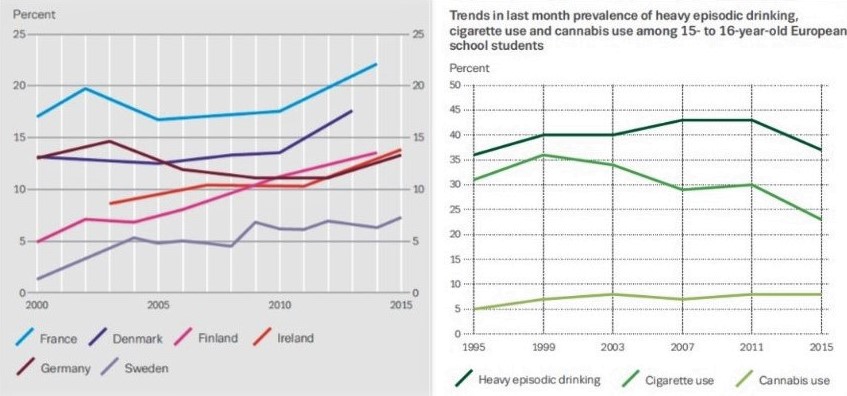
Cannabis is the most commonly seized drug, accounting for over 70 % of seizures in Europe. Cocaine ranks second overall (9 %), followed by amphetamines (5 %), heroin (5 %) and MDMA (2 %).
In 2015, more than 60 % of all drug seizures in the European Union were reported by just 3 countries, Spain, France and the United Kingdom; considerable numbers of seizures were also reported by Belgium, Denmark, Germany, Greece, Italy and Sweden. It should also be noted that recent data on the number of seizures are not available for the Netherlands or for Poland and Finland. These gaps in the data add uncertainty to the analysis.
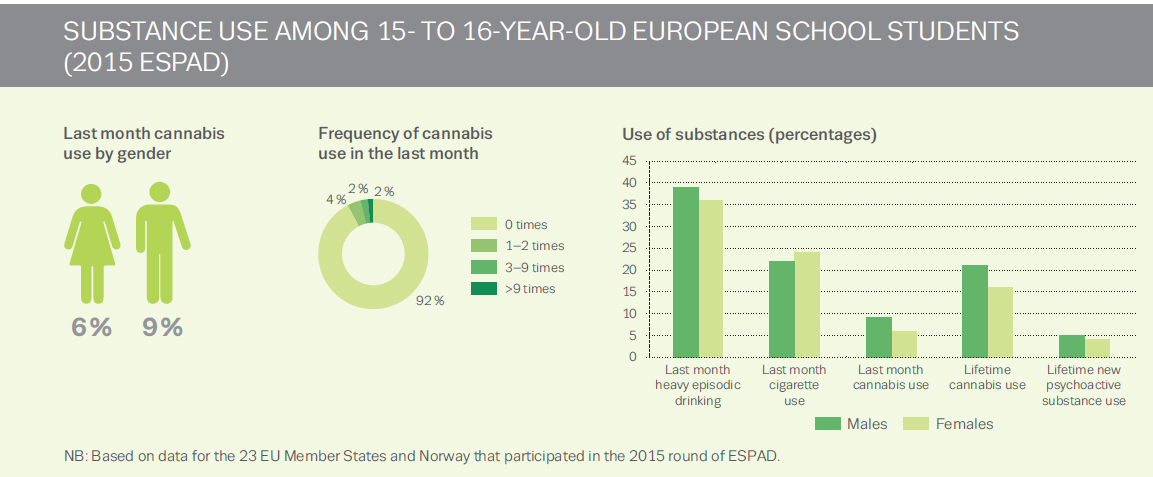
Heroin is the most common opioid on the European drug market, with an estimated retail value of EUR 6.8 billion (likely range EUR 6.0 billion to EUR 7.8 billion). Historically, imported heroin has been available in Europe in two forms, the more common of which is brown heroin (its chemical base form), originating mainly from Afghanistan. Far less common is white heroin (a salt form), which in the past came from South-East Asia, but now may also be produced in Afghanistan or neighbouring countries. Other opioids seized by law enforcement agencies in European countries in 2015 included opium and the medicines morphine, methadone, buprenorphine, tramadol and fentanyl. Some medicinal opioids may be diverted from legitimate pharmaceutical supplies, while others such as the 27 kilograms of morphine powder seized in 2015, are illicitly manufactured.
Afghanistan remains the world’s largest illicit producer of opium, and most heroin found in Europe is thought to be manufactured there or in neighbouring Iran or Pakistan.
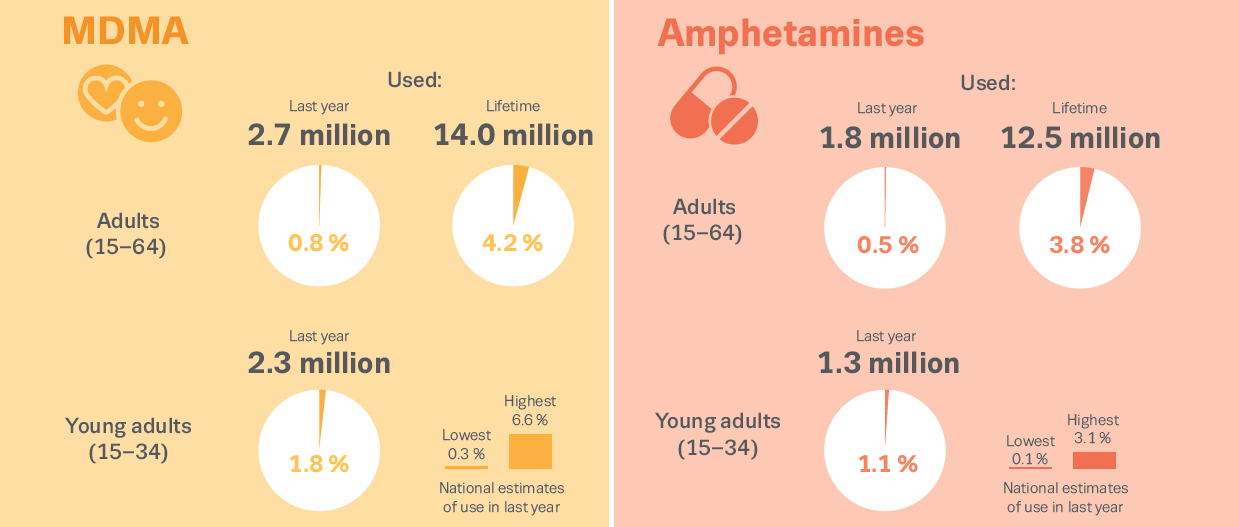
ESPAD also reports on the use of alcohol and tobacco. More than four fifths (83 %) of the students had consumed alcohol at least once in their lifetime. Half of the students reported drinking alcohol at least once in the last month, with 39 % of boys and 36 % of girls having had five or more drinks on one occasion during the last month (heavy episodic drinking).
Just under half (47 %) of students had smoked cigarettes. In the month prior to the survey, 23 % of students reported smoking one or more cigarette a day, with 3 % smoking more than 10 a day.
Across all age groups, cannabis is the illicit drug most likely to be used. The drug is generally smoked and, in Europe, is commonly mixed with tobacco. Patterns of cannabis use can range from the occasional to the regular and dependent.
It is estimated that 87.7 million European adults (aged 15–64), or 26.3 % of this age group, have experimented with cannabis at some time in their lives. Of these, an estimated 17.1 million young Europeans (aged 15–34), or 13.9 % of this age group, used cannabis in the last year, with 10 million of these aged 15–24 (17.7 % of this age group). Last year prevalence rates among 15- to 34-year-olds range from 3.3 % in Romania to 22 % in France. Among young people using cannabis in the last year, the ratio of males to females is two to one.
Major Addiction related research centers and societies in London, UK
· Institute of Psychiatry, Psychology & Neuroscience, King's College London
· Developmental Psychiatry Centre (MRC)
· Addiction and Lifestyles in Contemporary Europe Reframing Addictions Project (ALICE RAP)
· Alcohol Action Ireland
· Alcohol and Drugs History Society
· Alcohol and Health in Older People
· Alcohol Research UK
· Alcohol, Other Drugs, and Health: Current Evidence
· Australian Drug Information Network (ADIN)
· BEAD: Bereaved through Alcohol and Drugs.
· British Association for Psychopharmacology
· British Liver Trust
· British Medical Association
· British Medical Association Report on Drugs of Dependence
· Cannabis Cohort Research Consortium (CCRC)
· European Commission Public Health Alcohol
· European Commission Public Health Illicit Drugs
· European Commission Public Health Tobacco
· European Monitoring Centre for Drugs and Drug Addiction (EMCDDA)
· International Cannabis and Cannabinoids Institute
· International Doctors for Healthy Drug Policies (IDHDP)
· International Nurses Society on Addictions (IntNSA)
· International Society of Addiction Medicine
· National Association for Children of Alcoholics
· National Centre for Smoking Cessation and Training
· National Institute for Drug Abuse
· National Institute for Health and Clinical Evidence
· National Institute on Alcohol Abuse and Alcoholism
· National Library of Medicine Medline Plus
· National Organisation on Fetal Alcohol Syndrome
· Public Health England: New Psychoactive Substances: A toolkit for substance misuse commissioners
· Royal College of General Practitioners Substance Misuse and Associated Health (SMAH)
· Scottish Schools Adolescent Lifestyle and Substance Use Survey (SALSUS)
· Substance Misuse Management in General Practice
· Substance Use Screening & Assessment Instruments Database
· The Australian Professional Society on Alcohol & Other Drugs (APSAD)
· The Brief Addiction Science Information Source (BASIS)
· The International Narcotics Control Board
· The National Documentation Centre on Drug Use
· The role of smoking in the progressive decline of the body’s major systems
· The Scottish Public Health Observatory
· World Anti Doping Agency
Conference Highlights
- Addiction
- Addiction Pharmacology
- Addiction & Mental Health
- Addiction Case Report Studies
- Alcoholism & Addictives
- Prescribed Drug Use & Addiction Misuse
- Drug Addiction
- Substance Abuse
- Dual Diagnosis - Mental Illness Co-happening with Substance Abuse
- Addiction Psychiatry & Mental Health
- Neurotoxicology
- CNS & Addictive Disorders
- Addiction & Behavioral Studies
- Depression & Anxiety disorders
- Addiction Therapy
- Addiction induced Brain Disorders
- Addiction Rehabilitation & Recovery
- Yoga and Retreat Approaches
- Advanced Therapeutic Aspects for Addiction Recovery
To share your views and research, please click here to register for the Conference.
To Collaborate Scientific Professionals around the World
| Conference Date | July 16-18, 2018 | ||
| Sponsors & Exhibitors |
|
||
| Speaker Opportunity Closed | Day 1 | Day 2 | Day 3 |
| Poster Opportunity Closed | Click Here to View | ||




